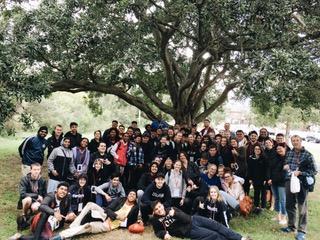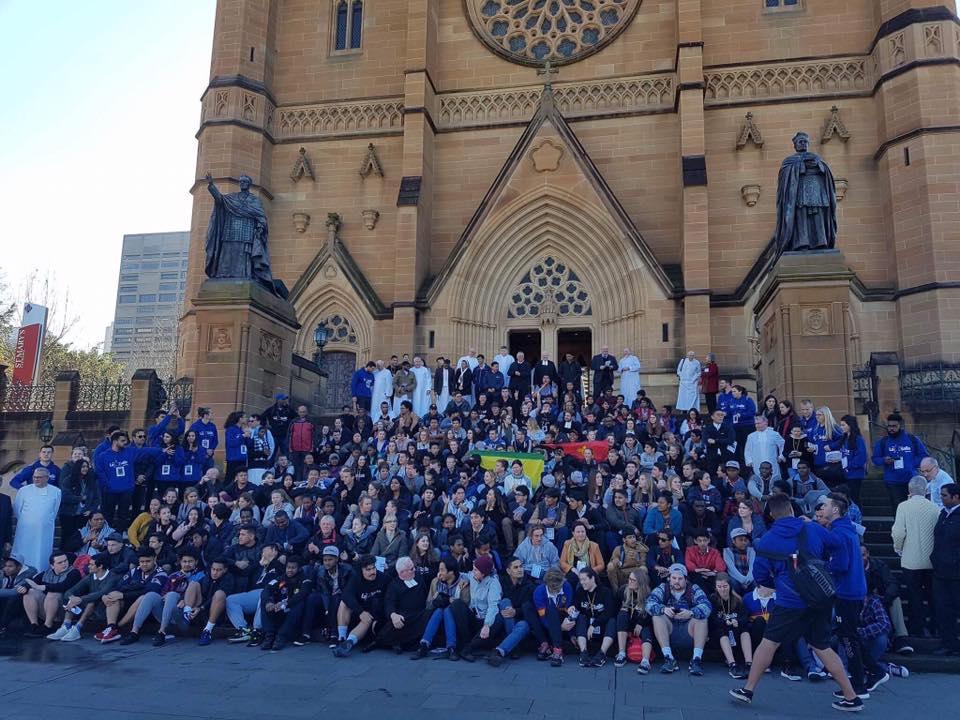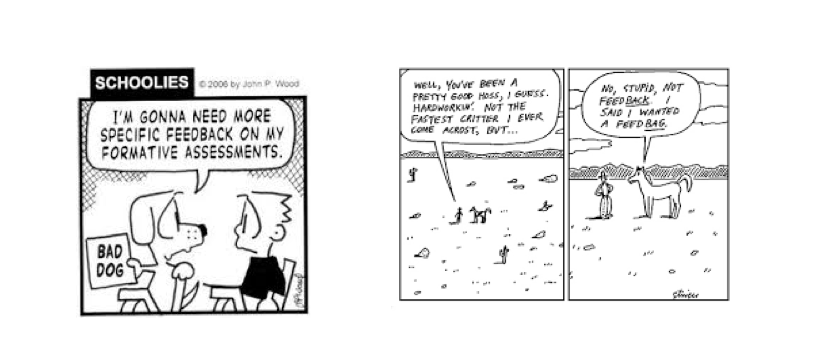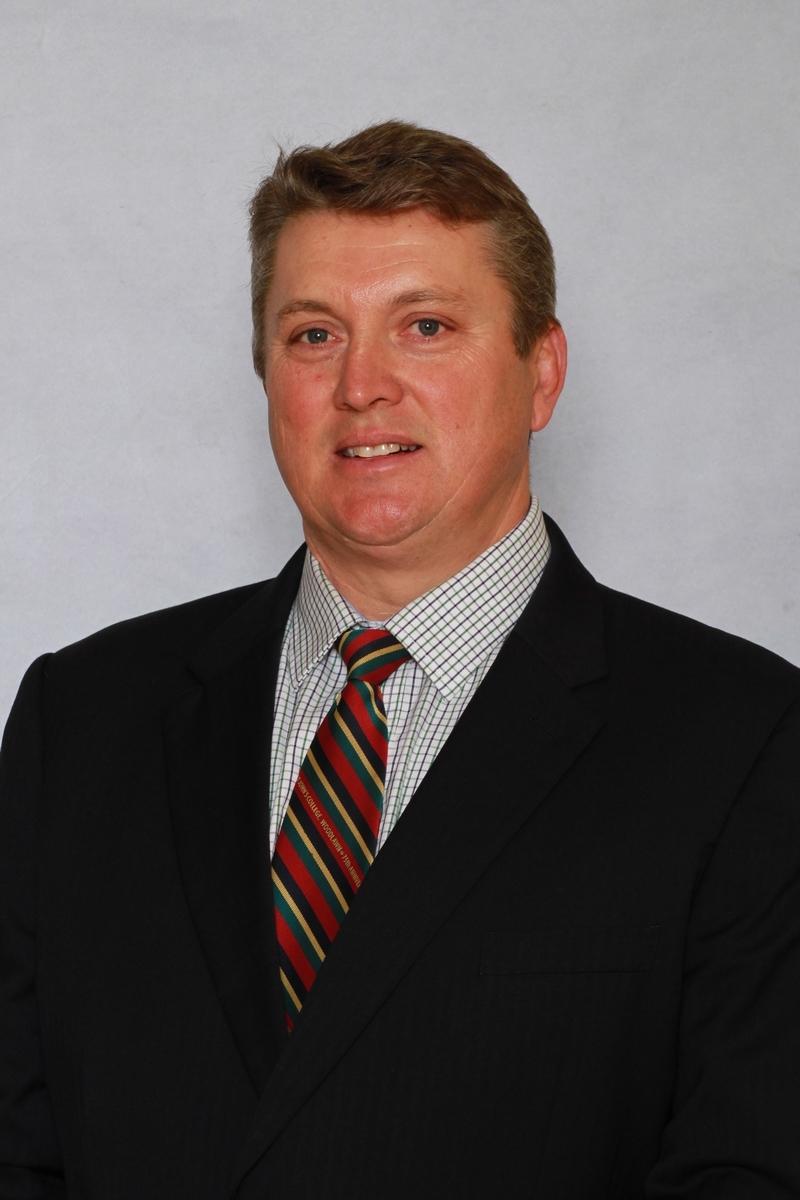College News
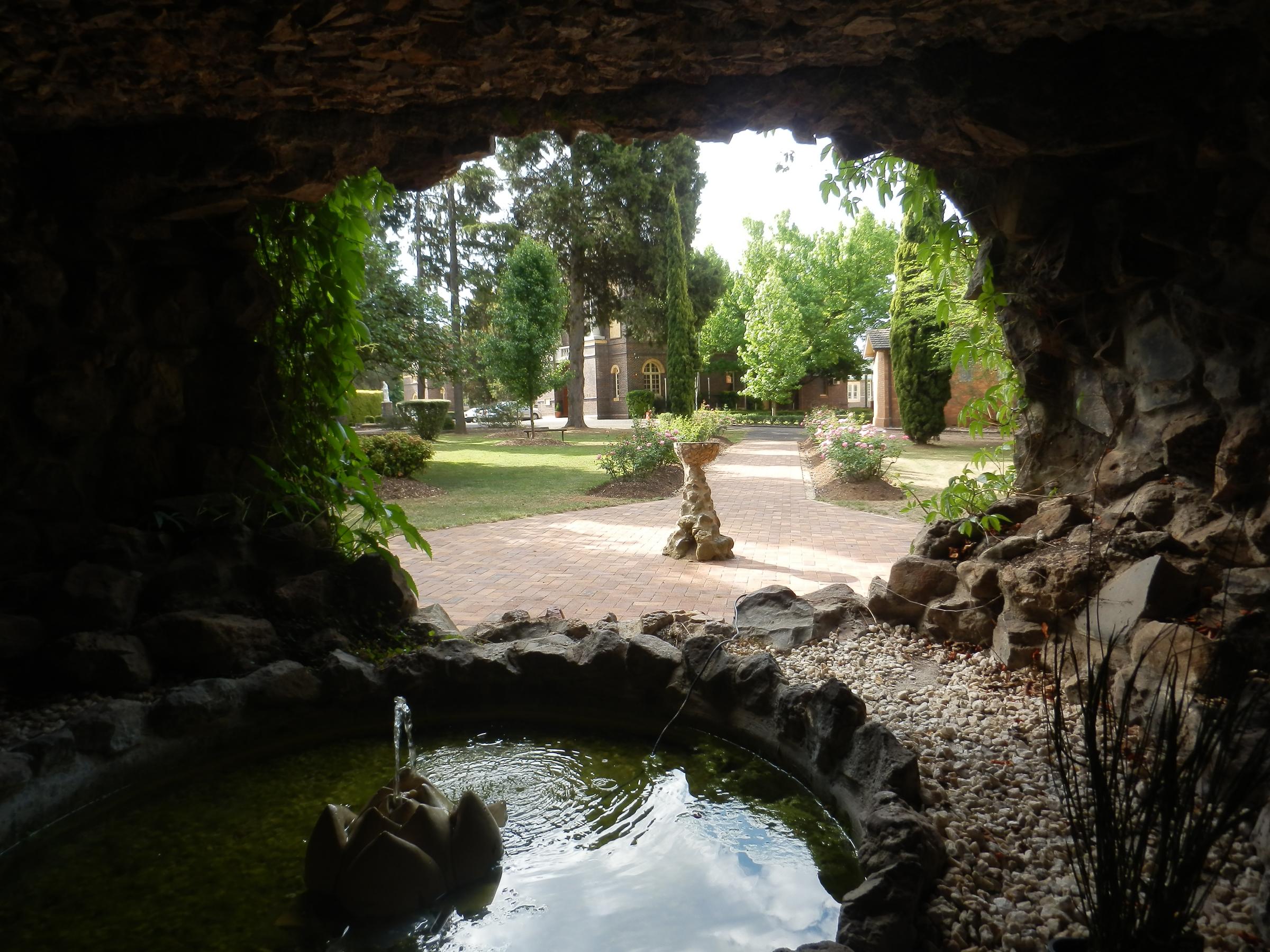
Lasallian Youth
During the school holidays 15 O’Connor students; Phoebe Biddle, Hunter Blake, Olivia Conyngham, Brydie Hawthorne, Madalyn King, Nichola Mitchell, Madeleine Murtagh, Chris Ramazani, Amica Riley, Patrick Ryan, Micah Scholes-Robertson, Morgane Sercombe, Liam Skinner, Sophie Warner and Honey Zahoor all attended the Lasallian Youth Gathering 2017 (LYG 2017) in Sydney with Mr Roff. LYG 2017 brought together 254 young Lasallian’s from Australia, Papua New Guinea, Pakistan and New Zealand!
The event was themed ‘One Call: Many Voices’ and this was emulated through acts of Faith, Service and Community. Our Lasallian Youth Minister, Olivia Moore helped facilitate the event and was extremely proud of how enthusiastic, kind and involved the O’Connor students were throughout the gathering.
The days were filled with so much fun, dancing and singing becoming the favourite pass time, plus so many interesting workshops and plenary’s with special guests from around the district, our O’Connor students spent a morning helping plant over 500 plants in a nature reserve.
Mr Roff, Olivia, and the students had an awesome experience and are keen to integrate some ideas from LYG into the O’Connor Catholic College community.'
PAC News
PAC (Pastoral Academic Care)
This term in PAC (Pastoral Academic Care) we have been discussing the topics of ‘connectedness’ & ‘positive feedback’ and focusing on the character strengths of Perseverance, Forgiveness and Zest. All these topics are vital in facilitating a good learning environment at school.
The single biggest influence on people being happy is to have a strong feeling of social connectedness. In other words, they feel they belong. While these connections should start with the family and then extend to school and the community, in the 21st century this is not always the case. Building wellbeing, through frequent little positive actions is the key to looking hopefully to the future.
It is all about broadening one’s attention with the now and oneself. This is essentially about instilling in members of the school community a belief that they and others matter and that we should all be ‘striving, thriving and flourishing’.
“Fortune favours the prepared mind.” Louis Pasteur
Learning how to give and receive feedback is an essential lifelong skill for students to develop. Students ‘don’t know what they don’t know’ so developmental feedback enables them to consider other perspectives. Quality feedback builds social- connectedness due to others feeling other people matter. It also broadens and builds students’ engagement with others and themselves. Feedback, whether giving or receiving, forces them to slow down their thinking, to be ‘in the moment’ and think hard.
Positive learning and teaching communities rely on feedback to build open, trusting and transparent communication lines, which in turn strengthens the wellbeing of everyone. The purposes of feedback include: listening to ideas and concerns to improve a situation, suggesting alternative approaches and strategies, monitoring attitudes, behaviours and performance, giving frank feedback, both positive and negative and sometimes advice that we do not want to hear.
Empathetic and attentive listening needs to be role modelled and taught, as relationship building relies on this.
“Correction does much, but encouragement does more.” Johann Wolfgang von Goethe
Jon Hawthorne
Pastoral Academic Care Coordinator

